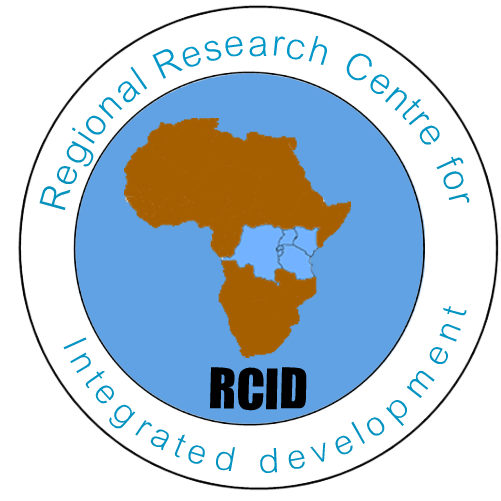Duration: 2018-2019
RCID contact person: Philippe Rumenera (Email: prumenera@rcidcentre.com)
Sponsor: LTS International, UK, co-financed by DFID
Sponsor’s Contact person, function and email: Clarissa Samson, Senior Project Manager and Data Analyst (e-mail. clarissa-samson@ltsi.co.uk)
Uzima Chicken Limited is an East African poultry company holding exclusivity on the production, distribution, and sale of SASSO breed chickens in the region. The SASSO dual breed is far more productive than local breeds but is also bred to excel in outdoor ‘backyard’ smallholder dwelling environments.
 Uzima produces and supplies Day Old Chicks (DOCs) through a network of sales agents. These locally placed sales agents, who are 50% women are provided with a full solution package (training, feed, vaccines, and medicine) in order to raise and sell on chicks to smallholder farmers. The diffusion of this improved breed, in turn, creates value at the smallholder farmer level, through better quality meat and eggs for consumption and sale. AgDevCo’s $3m debt investment is aimed at supporting Uzima’s establishment in Rwanda, whose government strategy seeks poultry self-sufficiency within two to three years. DFID has funded AgDevCo’s investment gives Uzima the operational funding to grow rapidly as a domestic producer of DOCs for local smallholder farmers and eventually export to the region.
Uzima produces and supplies Day Old Chicks (DOCs) through a network of sales agents. These locally placed sales agents, who are 50% women are provided with a full solution package (training, feed, vaccines, and medicine) in order to raise and sell on chicks to smallholder farmers. The diffusion of this improved breed, in turn, creates value at the smallholder farmer level, through better quality meat and eggs for consumption and sale. AgDevCo’s $3m debt investment is aimed at supporting Uzima’s establishment in Rwanda, whose government strategy seeks poultry self-sufficiency within two to three years. DFID has funded AgDevCo’s investment gives Uzima the operational funding to grow rapidly as a domestic producer of DOCs for local smallholder farmers and eventually export to the region.
The main tasks performed by RCID under the subcontract agreement was to focus on the benefits from the investment to Uzima sales agents and the smallholders to whom they sell chickens and key tasks were:
- Develop a baseline design which is feasible given the Uzima operational modalities, AgDevCo’s budget and the accountability and learning needs of program stakeholders;
- Implement a clustered household sampling approach appropriate to the scope and timelines of this assignment, collecting data from likely beneficiaries of the investment which will reflect conditions for an agreed baseline period and allow the assessment of Uzima’s impacts in future;
- Deliver a data collection process which will capture data needed to respond to the assessment questions, is cost-effective, ethical and considers data quality from the outset;
- Produce a baseline report which clearly and concisely communicates the methods used, the results of the data analysis, the findings for the priority questions and the scope for future assessment; and
Ensure our analysis is presented in such a way that it can provide all stakeholders with details of the current status of the investment.
The results of the study help UZIMA the ability of sales agents to rear SASSO chicks, sell them to smallholder farmers and to generate increased incomes from this work and to the extent to which female sales agents are empowered through access to training and information.
